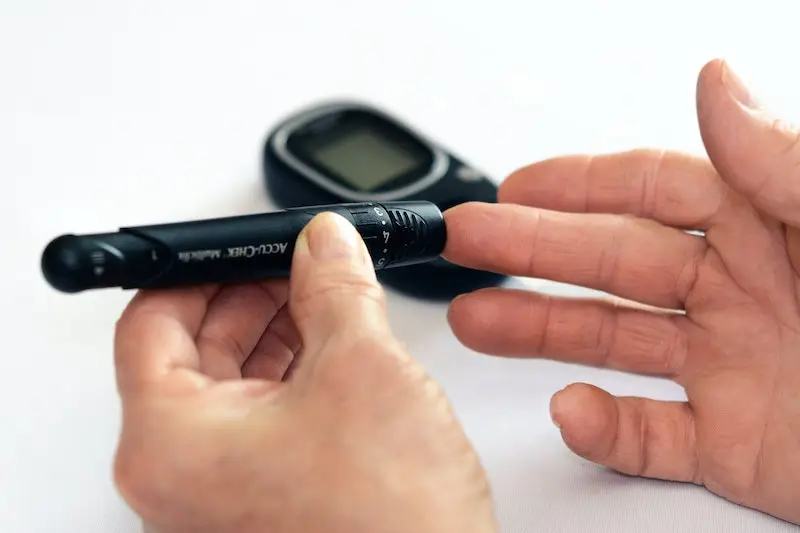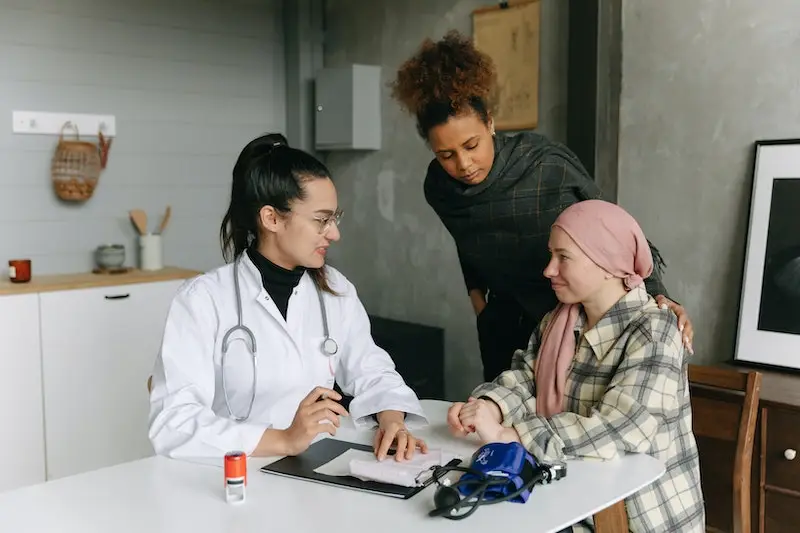Introduction
Simply put, diabetes is a chronic illness that develops when the pancreas cannot create insulin or when the body cannot utilize the insulin produced effectively. Raised blood glucose levels result from an inability to manufacture or use insulin properly. Long-term elevated glucose levels are linked to cellular deterioration and organ and tissue failure.
Although there is currently no treatment for diabetes, decreasing weight, eating well, and exercising can all be greatly beneficial. Additional actions you can take to assist:
- Use the medication as directed.
- Obtain guidance and information about diabetes self-management.
- Proper treatment and care
- Schedule and attend medical appointments.
Is Rehabilitation the new era of treatment?
Diabetes is typically treated with diet, exercise, and medication if high blood sugar levels persist despite lifestyle changes. Diabetes patients are frequently given a care plan that incorporates physical activity and appropriate eating habits at rehabilitation hospitals under the supervision of a doctor. Patients typically receive therapy through rehabilitation and instruction on how to control their sickness as best they can in daily life. They can live as autonomously as possible, thanks to this.
Exercises that will be most helpful to a patient can be customized and overseen by physical therapists. They keep an eye on the workout regimen to assure safety and advancement while raising and maintaining blood sugar levels. When the patient is discharged from the hospital, they can continue the exercise program at home.
Conclusion
Patients are frequently referred to rehabilitation facilities at later stages of diabetic problems, particularly after surgery. Rehabilitation techniques may help in diabetes management and prevention. Rehabilitation must therefore play a bigger role in treating the disease and be included in all phases of diabetic care.
Resources
Check out our Resources Section for more information on topics like health, lifestyle, rehabilitation, and many more by clicking here.





